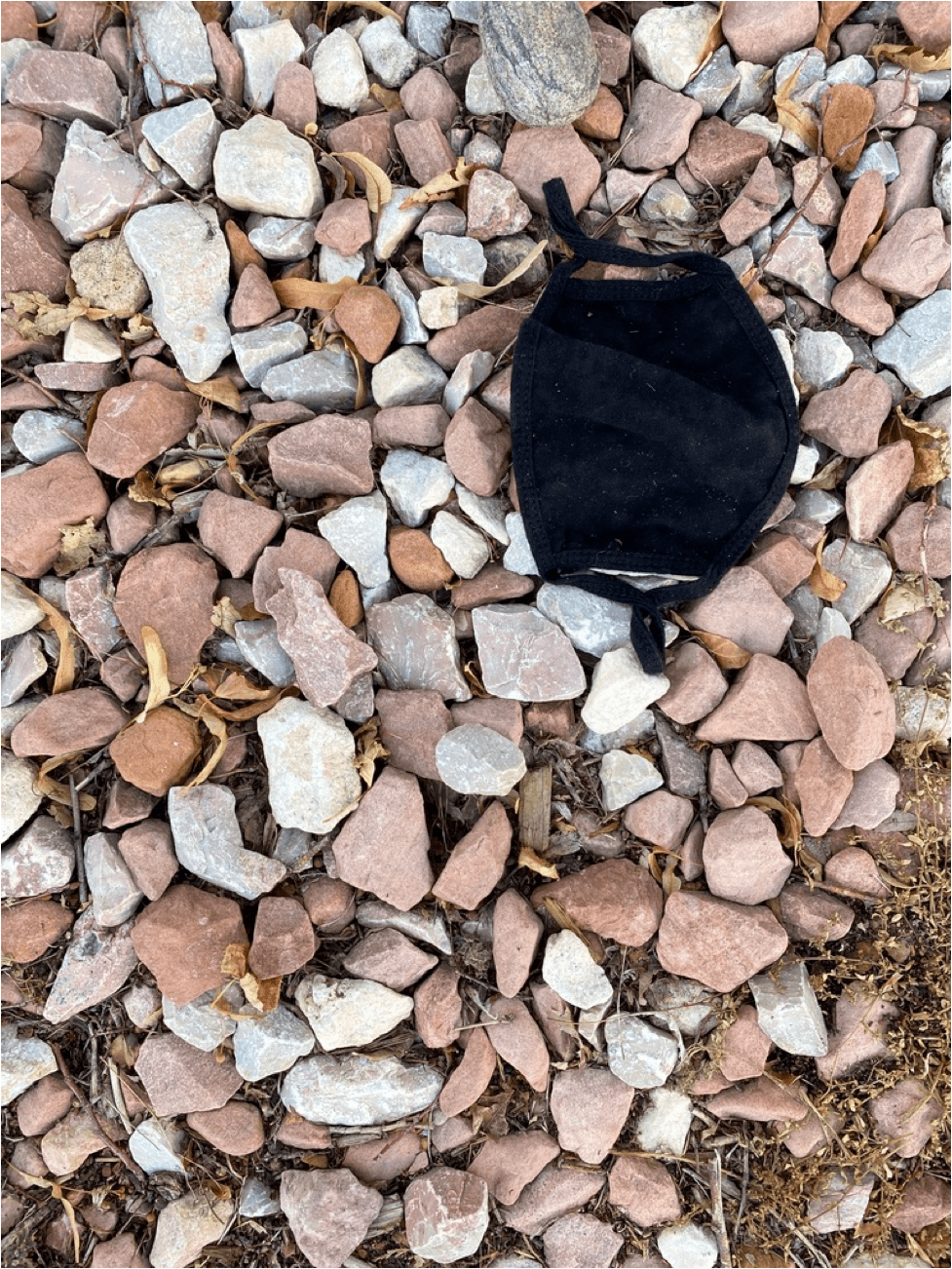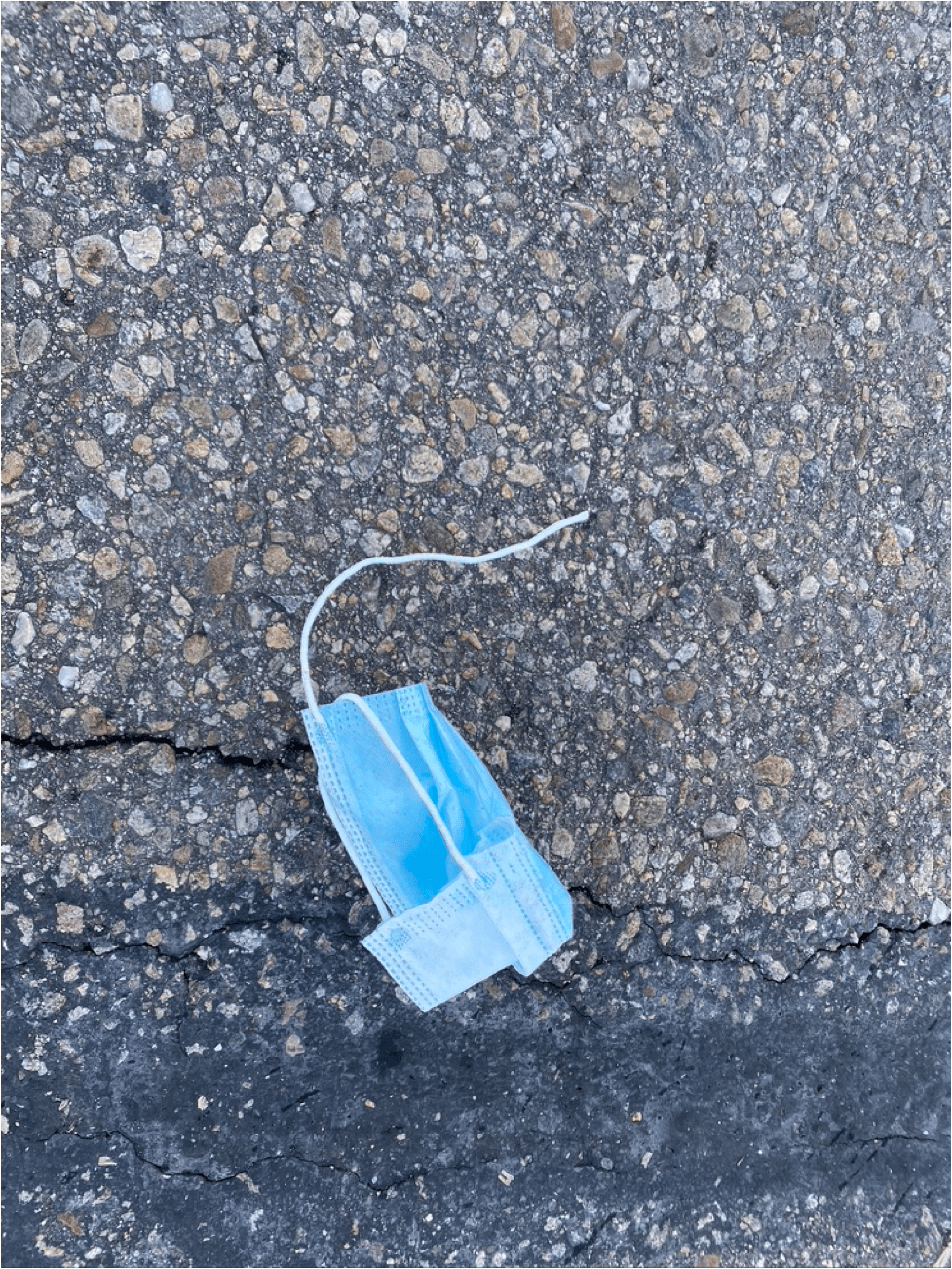Premise
Having woken from the dream of riding on a flat tire
Having carried the scrape and-a-one-two, scrape and-a, scrape scrape onto the train
Having surfaced in a heart of commerce, closed
Having taxed the muscles in a pack of women
Having paid to
Having creamed our faces in a crowded mirror
Having walked a mall-like stretch of a famous avenue
Having passed two men caked in dust, one
Having aimed a miniature leaf blower at his chest
Having turned it on his companion, who
Having swept his arms dramatically
Having pushed the tool gently away, both men
Having laughed, somewhat cleaner
Having caught my reflection in the windowed façade of a bank
Having admired the ranunculus in a garden box of a white-brick building one block long
Having held a low opinion of this architectural style, but that vision of modernity
Having become passé
Having come to a kind of charm in it
Having blushed at nostalgia’s dim revision
Having turned left at the park
Having been too early for students, their habitual swarm
Having drawn the emptiness across honeycomb pavement into suspense
Having been the site of a parade ground, a public grave, and farmland
Having, in a time of resistance, formed a border between New Amsterdam to the south and the Lenape to the North, the plots
Having been parceled out by the Dutch West India company to eleven men
Having been enslaved by the charter
Having petitioned for freedom and
Having attained a conditional version, the terms of which
Having not extended to any children living or future
Having required annual payments of grain and livestock and occasional service
Having included a lot on this acreage, which grew over centuries into an enclave of freemen despite
Having under British rule been stripped of their deeds to the land
Having been cleared from forest, a stream rich in trout
Having coursed and—polluted, used as a sewer, and finally buried—possibly coursing
Having nodded good morning to a woman’s request for a dollar like I don’t understand the ask
Having pulled the heavy institutional door
Having flashed ID to George
Having read yesterday’s memo
Having ridden the elevator to eight
Having forgotten already—one man’s shirt was neon orange, but was the leaf blower’s matching or green?
Having gone to the desk and turned on the Dell
Having eaten a yogurt purchased on the famous avenue for $1.79
Having gone to the kitchen to recycle the cup, despite
Having seen the bins emptied into a common dumpster
Having nodded to the assorted labors, human and bovine, past and to come
Having said internally bon voyage
Having read that plastics remain 450 to 1000 years intact
Having greeted a coworker Good morning, Good morning
Having typed 1569 into the browser’s search bar
Having wanted 450 years to feel real or specific
Having read Wikipedia’s list of deaths in that year, Pieter Bruegel the Elder
Having been among the names
Having turned to the tasks that constitute my employment, e.g.
Having volleyed a quantity of emails
Having projected into that near-future space where I hope this finds you well
Having chanted internally from Alice Notley, All day you have to in the lough
Having read the line on the morning train
Having said it alternately law and loff
Having consulted circa 1:00 p.m. merriam-webster.com
Having thought, But in a lake, I never feel that I “have to”
Having retrieved lunch from the fridge
Having emptied the container onto a plate
Having spoken with coworkers: media, food
Having listened partly while replaying internally the dust exchange
Having cast both shirts as orange
Having recalled in your orange shirt you look like / a better happier St. Sebastian despite
Having pictured that shirt not florescent like the tulips O’Hara goes on to mention but something more like sherbet, the men this morning
Having cleaned via pantomime of cleaning
Having slid tenderness inside a macho exchange
Having rendered the image of a rough touch via a light one
Having returned to my desk
Having typed wedding dance into the browser
Having encountered a field of photographs showing formally dressed white people on lustrous floors

Having realized my mistake
Having added bruegel
Having seen this painting at the DIA
Having been in town for a wedding
Having gravitated to the reds, the reveling peasants
Having been painted happy and plump, Antwerp
Having operated refineries for the quantities of sugarcane imported from the Americas, the city
Having become rich, Flemish merchants presumably
Having wanted to admire a cheerful image of their commoner countrymen, their carousing
Having been read as a celebration of local customs at a time of Spanish rule but
Having also been read as a moral statement against the underclasses, Flanders
Having been in the throes of the Reformation, on the brink of the Eighty Years’ War
Having typed an associative list:

Having rendered foremost a picture of an education, the present
Having ground a myopic lens
Having looked through or only at it
Having glanced to the corner of the screen: 1:37—better get back, but
Having typed into the search bar 1019
Having recognized only names: Song Dynasty, Kyūshū, Manchuria, Kiev, its Wikipedia entry
Having been less than half the length than 1569’s—gross distance or the contributors’ skew toward a Europe (then “dark”)?
Having tried too the Met’s digital collection

Having saved a screenshot: Glaze Clump, 11th–12th century, no image available, not on view
Having felt a personal affinity
Having scrolled chronologically, the object dated closest to 1019, a single gold dinar (A.H. 419, A.D. 1028, made in Iran (modern Afghanistan), bequest of Joseph H. Durkee, New York, 1898), the coin
Having one smoothed and slightly cracked edge, the details
Having been effaced, perhaps
Having sat unevenly under heat or weight or water
Having felt the air in the office suddenly thick, the skies
Having opened, I was certain, despite
Having been nowhere near a window
Having thought the rage of the gods despite
Having not once considered divine emotion as
Having shaped the observable world
Having inherited instead a humanism in which there are natural forces and people who act and
Having felt that worldview scrape and-a scrape, metal rims
Having bent against road
Allyson Paty is the author of several chapbooks, most recently Five O’clock on the Shore (above/ground press, 2019). She is co-founding editor of Singing Saw Press, Associate Director of NYU Gallatin’s Writing Program, and a teacher in NYU’s Prison Education Program. Her poems appear in publications including BOMB, Boston Review, The Brooklyn Rail, Tin House, among others and are forthcoming in The Yale Review.































